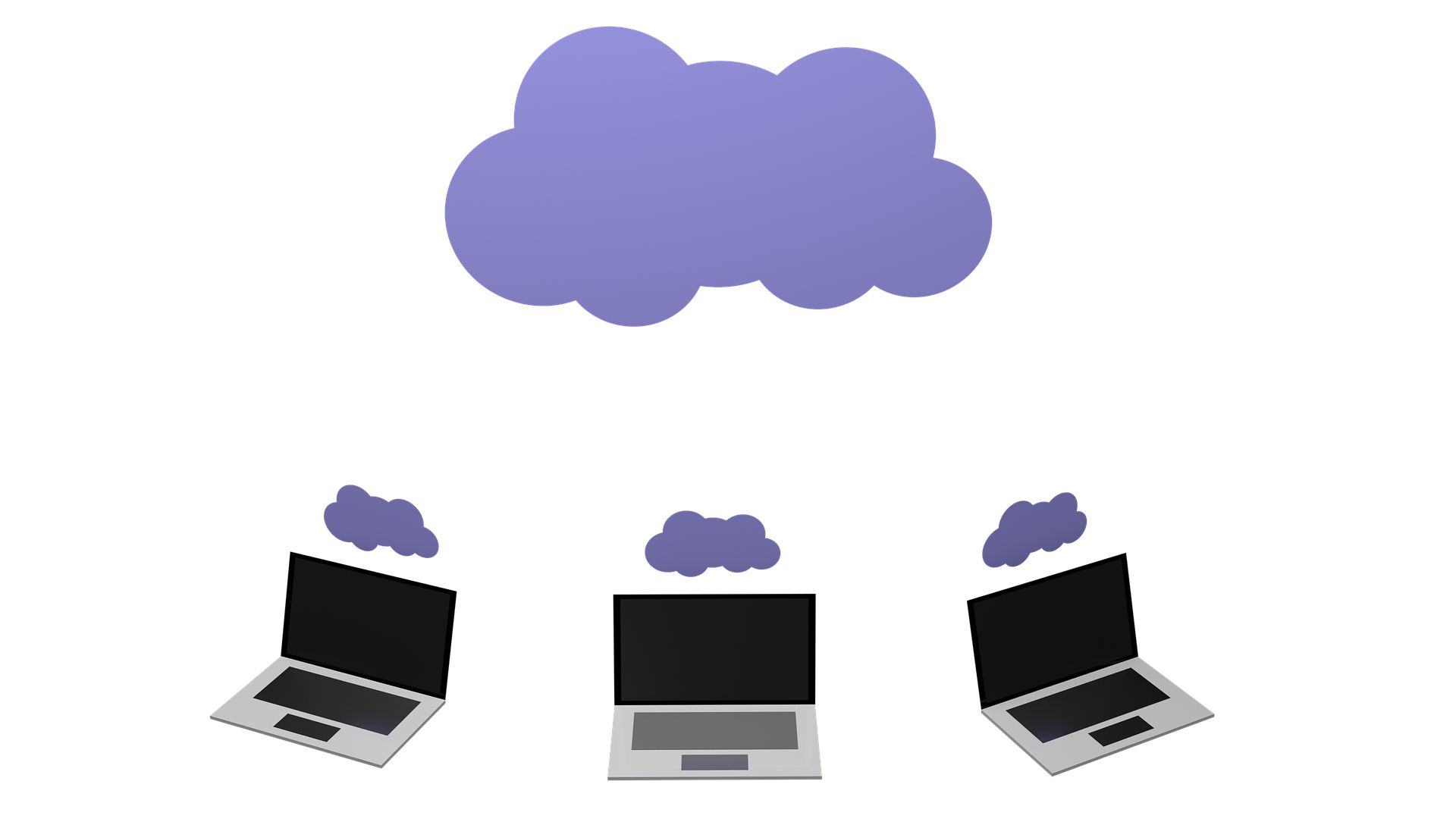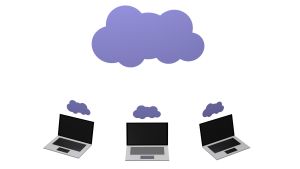
Why cloud based ERP is the way to go for your business
 If your business has reached the point where an ERP system is necessary and it’s time to decide which type of implementation is best for your company, there are a lot of factors to consider before making the move. The two main options for an ERP implementation are either an on-premise or cloud-based solution. On-premise solutions are privately hosted on your own local servers and network and managed by your internal IT resources.
If your business has reached the point where an ERP system is necessary and it’s time to decide which type of implementation is best for your company, there are a lot of factors to consider before making the move. The two main options for an ERP implementation are either an on-premise or cloud-based solution. On-premise solutions are privately hosted on your own local servers and network and managed by your internal IT resources.
Cloud-based ERPs are hosted online and the data, security, and infrastructure are all managed off-site and the system can be accessed from any location with internet access. Between uptime, security, accessibility, standardization, customization, and updates, both options have their benefits. However, when it comes to cost, cloud-based ERP systems can have important advantages over on-premise solutions. Here are some of them.
Lower cost of ownership – An on-premise solution has many costs associated with it that are at least partially absorbed by a cloud solution. On-premise ERP systems often require a large up-front purchase, the time and focus of IT staff, the cost of hardware, customization, training, maintenance, security, upgrades, etc. Cloud ERP systems, on the other hand, are priced on a monthly or annual subscription, thus removing the initial costs of implementation.
- Subscription benefits – Since all SaaS services are offered on a subscription basis, there are no unexpected costs. Businesses know exactly how much the system will cost them each month, which is a very appealing benefit especially for smaller businesses.
- Less required resources – The main draw to cloud-based ERP solutions is that you don’t need additional investments for networking hardware. Since you are buying subscription from your SaaS provider, you don’t have to buy new servers to house the application or databases, nor do you have to hire people to install, troubleshoot and manage hardware and software associated with your ERP solution. That is all covered in your licensing costs.
- No cost to upgrade – Upgrades and patches, in general, can be costly and time-consuming. Because these updates are online and automatic, and you are effectively subscribing to an ERP service versus purchasing the system up-front, you are not responsible for the cost of upgrades. A cloud solution offers these at the moment they are available, automatically and free of charge. This results in greater system stability and better opportunities to grow your business.
- Improved response time – A cloud-based ERP system allows members of a business to communicate information in real-time, all the time, thus improving collaboration for the entire team. The standardization of a cloud-based ERP system means a reduction in time spent reconciling data, converting information, and bridging gaps between different systems at different locations. Whether we are talking about customer questions or concerns, a need to adjust a line of supply to meet demand, vendor issues, or any other everyday requirement, a cloud-based ERP system can help provide clear, accessible, continuous communication.
One of the most common areas where businesses work with cloud-based vendors is with enterprise grade software such as ERP solutions. Choosing the right ERP solution for your business takes some serious thought, and for those companies who don’t want to spend money on all the required resources and don’t want to have to manage the application, opting for a cloud-based vendor makes perfect sense.
Photo source: pixabay.com





